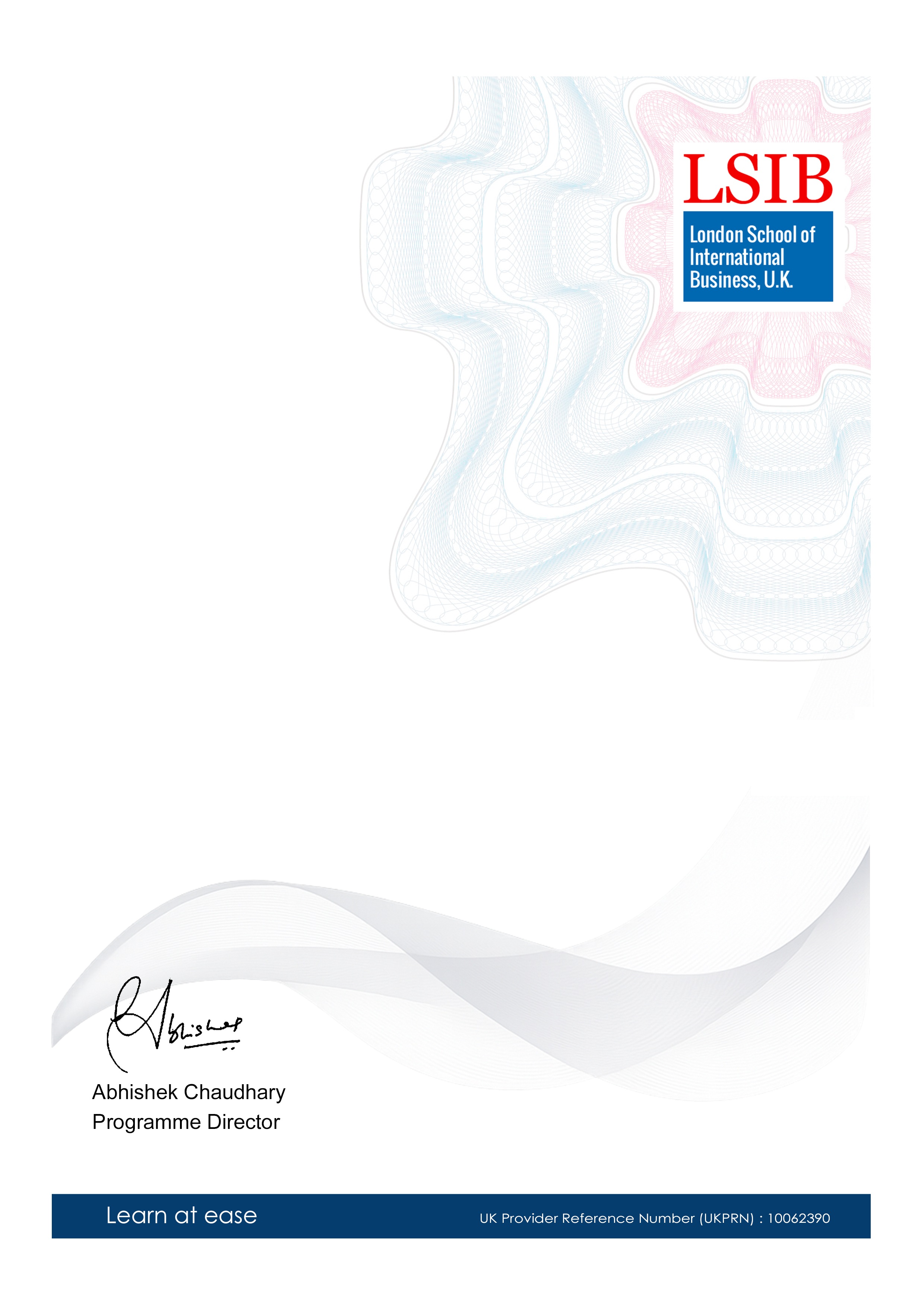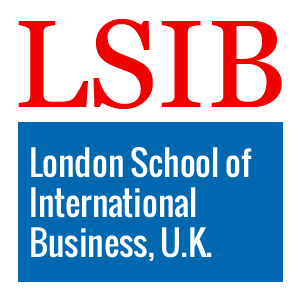Career Advancement Programme in Water-Saving Practices for Architects
-- viewing nowThe Career Advancement Programme in Water-Saving Practices for Architects is a certificate course designed to empower architects with the essential skills to create sustainable and water-efficient building designs. This programme highlights the importance of water conservation in the architectural industry and addresses the growing demand for water-saving practices in construction and urban planning.
6,818+
Students enrolled
GBP £ 140
GBP £ 202
Save 44% with our special offer
About this course
100% online
Learn from anywhere
Shareable certificate
Add to your LinkedIn profile
2 months to complete
at 2-3 hours a week
Start anytime
No waiting period
Course details
• Water-Saving Technologies in Building Design: Greywater Recycling and Rainwater Harvesting
• Sustainable Drainage Systems (SuDS) and their integration into Architectural Projects
• Water-Efficient Fixtures and Fittings: Selection and Specification
• Lifecycle Assessment of Building Materials and their Water Footprint
• Legislation and Regulations related to Water Conservation in Architecture
• Case Studies: Examples of Water-Saving Architectural Projects
• Design for Drought Resilience: Adapting Buildings to Climate Change
Career path
| Career Role (Water-Saving Practices) | Description |
|---|---|
| Sustainable Building Architect (Water Management) | Designs buildings minimizing water consumption, incorporating rainwater harvesting, greywater recycling, and efficient fixtures. High demand due to increasing sustainability regulations. |
| Architectural Technologist (Water Efficiency) | Applies technical expertise to ensure water-saving designs are implemented effectively. Focuses on practical application of water-efficient technologies. |
| Building Services Engineer (Water Conservation) | Specializes in designing and managing building systems, including plumbing and drainage, prioritizing water efficiency. Collaborates with architects on water-saving strategies. |
| BIM (Building Information Modeling) Specialist (Water Sensitive Design) | Uses BIM software to model and simulate water systems within buildings, optimizing water usage and identifying potential inefficiencies. Growing demand in the industry. |
| Sustainability Consultant (Water Footprint Reduction) | Advises on water-saving strategies throughout the building lifecycle, from design to operation. Essential role in achieving green building certifications. |
Entry requirements
- Basic understanding of the subject matter
- Proficiency in English language
- Computer and internet access
- Basic computer skills
- Dedication to complete the course
No prior formal qualifications required. Course designed for accessibility.
Course status
This course provides practical knowledge and skills for professional development. It is:
- Not accredited by a recognized body
- Not regulated by an authorized institution
- Complementary to formal qualifications
You'll receive a certificate of completion upon successfully finishing the course.
Why people choose us for their career
Loading reviews...
Frequently Asked Questions
Course fee
- 3-4 hours per week
- Early certificate delivery
- Open enrollment - start anytime
- 2-3 hours per week
- Regular certificate delivery
- Open enrollment - start anytime
- Full course access
- Digital certificate
- Course materials
Get course information
Earn a career certificate

